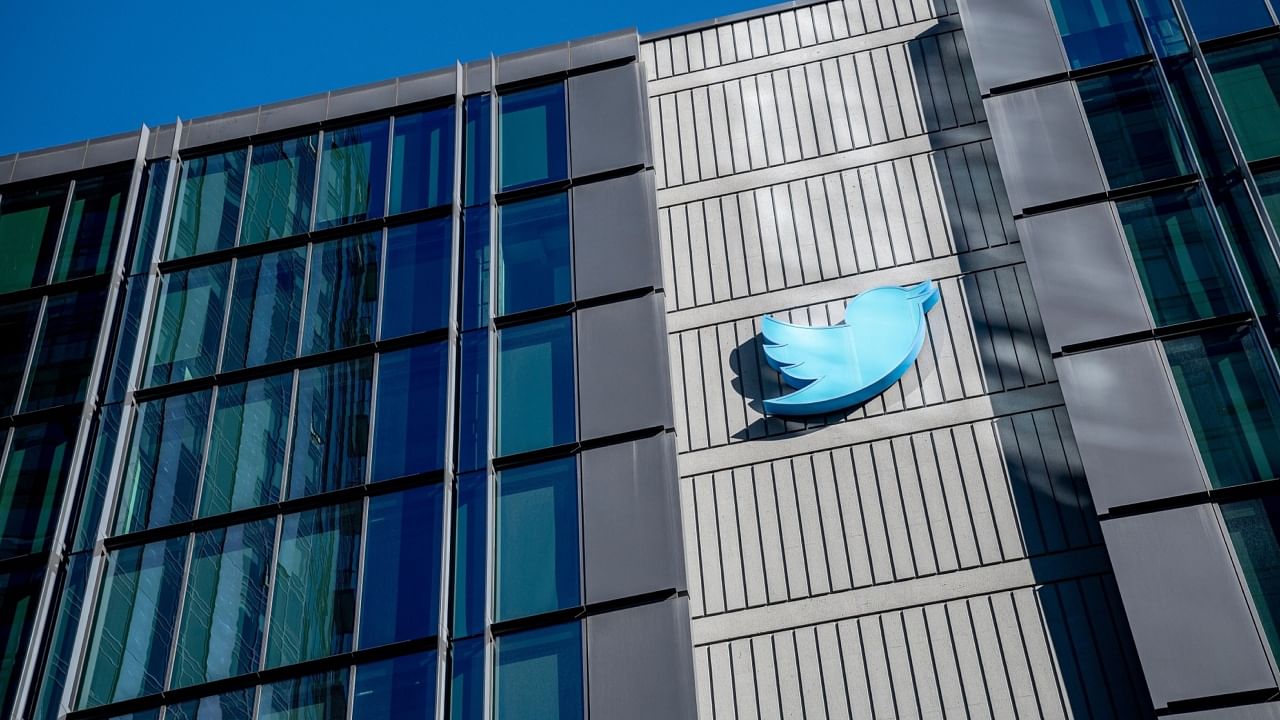
National Public Radio said Wednesday that it would suspend all Twitter use, a little over a week after the social network designated the broadcaster “U.S. state-affiliated media.”
Twitter has since changed the label on the NPR Twitter account to “Government-funded Media,” a designation it also gave to PBS. That label also appeared on the account of the BBC, the national broadcaster of Britain, until Wednesday, when it was changed to “publicly funded media.”
NPR said Twitter’s move could damage its reputation.
“NPR’s organizational accounts will no longer be active on Twitter because the platform is taking actions that undermine our credibility by falsely implying that we are not editorially independent,” Isabel Lara, NPR’s chief communications officer, said in a statement.
In a letter to staff Wednesday morning, John Lansing, NPR’s CEO, said posting on the platform would be a disservice to the staff’s journalism. “Actions by Twitter or other social media companies to tarnish the independence of any public media institution are exceptionally harmful and set a dangerous precedent,” he wrote.
PBS took similar action. “PBS stopped tweeting from our account when we learned of the change, and we have no plans to resume at this time,” said Jason Phelps, a spokesperson for PBS.
Twitter did not respond to a request for comment.
In an interview with NPR, Lansing said the broadcaster would not immediately return to Twitter, even if the label was removed. “I would need some time to understand whether Twitter can be trusted again,” he said.
NPR said employees could decide for themselves whether to stay on the platform, but its leaders advised caution. Tony Cavin, the broadcaster’s managing editor for standards, said in a note to staff that the company’s decision made it more likely that those who stayed on Twitter would be trolled. He added that Twitter had become “less dependable” and that the platform’s blue check marks, once used to verify public figures, were now “almost meaningless.”
Twitter has faced numerous controversies since Elon Musk bought the company in October for $44 billion, including mass layoffs that coincided with an increase in outages and other glitches.